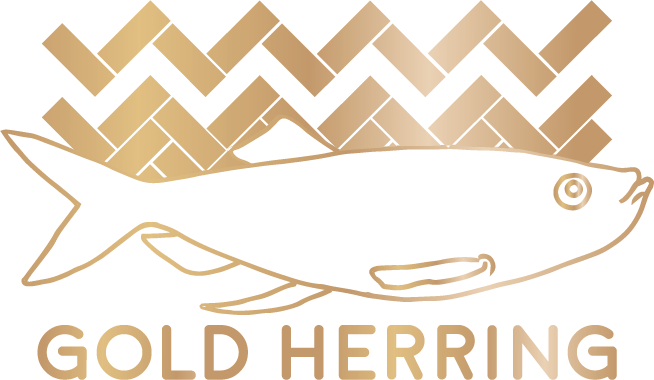We Can Heal From Assimilation: Interview with Abrah Dresdale
We had the privilege of speaking with Abrah Dresdale, she works with communities impacted by oppression to use social permaculture theory and design practice to build equity and solidarity across differences. She founded the Jail-to-Farm-to-College & Employment program at the Franklin County Jail, Greenfield, Massachusetts, and she he served on the US Delegation to Rwanda on the Professional Fellows Africa Conflict Transformation Program, where she studied cultural regeneration and healing from genocide. These are just two examples of the amazing projects she’s been a part of, to learn more about Abrah, check out her website and her teaching/consulting platform Regenerate Change.
She’s one of the people whose work inspired this project, and we talked about her experience coming into the rhythms of the Hebrew calendar in her life and work.

Here’s the interview:
Amanda: Abrah, as someone who teaches about the calendar, how do you personally navigate between the two?
Abrah: I found this Hebrew calendar that you can sync with your ical, so that’s what I have mostly. I love that our calendar is cyclical, and I feel like the grid of the ical doesn’t work in the same way – visually, it doesn’t make sense. Having the moon phases be really clear at the ends and beginnings of months is important for me.
Amanda: Are there significant dates on the Hebrew calendar for you?
Abrah: Definitely the holiday markers of the year, but also my grandmother’s yardzeit, and I recently started celebrating my Hebrew birthday. Knowing when the Jewish four new years are is important. I also picked my wedding date on the Hebrew calendar, I’m getting married on Tu B’Av, very excited about and that date will be very significant moving forward. Rosh Chodesh is significant to me each month, I want Yom Kippur Katan to be more significant in my life and would love to have a practice around it.
Amanda: I recently started celebrating my wedding anniversary on the Hebrew calendar, it makes so much sense! And avoid conflict with holidays! Who do you think would benefit most from having a central place for Hebrew and Gregorian dates, along with monthly teachings and journaling?
Abrah: The slice of folks who I’m tapped into are Jews who want to reconnect to our people’s ways of knowing and relating to earth and time, and un-assimilate. There are ways of presiding over these holidays that are so connected to the earth and weather cycles. Where are the people who want to bake bread onShavuot? Let’s revive the ancestral traditions, and take back our circular understanding of time from the imperial Roman grid legacy that’s colonized our ways of viewing time and space.
Amanda: I agree, and I’ll take any holiday where I get to make more bread! What lesson or principle embedded in the Jewish calendar would you like to see your students understand more deeply?
Abrah: Restore our sense of a cyclical orientation to time and spiral time, time isn’t in boxes! I believe one of the gifts of the tribe of Issachar was the gift of calendars and astronomy….some people hate calendars, I’ve always felt like I’ve been drawn to them and love them. Maybe we’re a part of the same tribe?
Amanda: I definitely resonate with that! I’ve been searching for the perfect planner my whole life, calendars give me so much joy, but I know they stress some folks out! What do you feel you’ve gained from learning about the Hebrew calendar?
Abrah: So much! A sense of belonging. Growing up reconstructionist, my family was observant but not religious, and I didn’t learn much about the Hebrew calendar…then this larger context emerged as I studied more about Earth-based Judaism, a blueprint of our people connected to place, ritual, agriculture, moons and suns, identity and diaspora. I was like “wow!” there is this cycle that happens every year, season, month, week, nested cycles of time. I felt a sense of belonging to a Jewish peoplehood, Jewish history, and the planet – it’s very powerful. It’s one of my favorite topics ever and I am fond of leading workshops on it!

Amanda: Ours too! Thank you so much for taking time to talk about time with us, and for supporting our Jewish Planner project. Tell us what exciting projects you’re working on right now!
Abrah: In addition to all of my education work, I just put out my first book this past year, Regenerative Design for Change Makers: A Social Permaculture Guidebook. The chapters are structured from the Jewish 7 Directions -it’s available online. www.regeneratechange.com/guidebook

